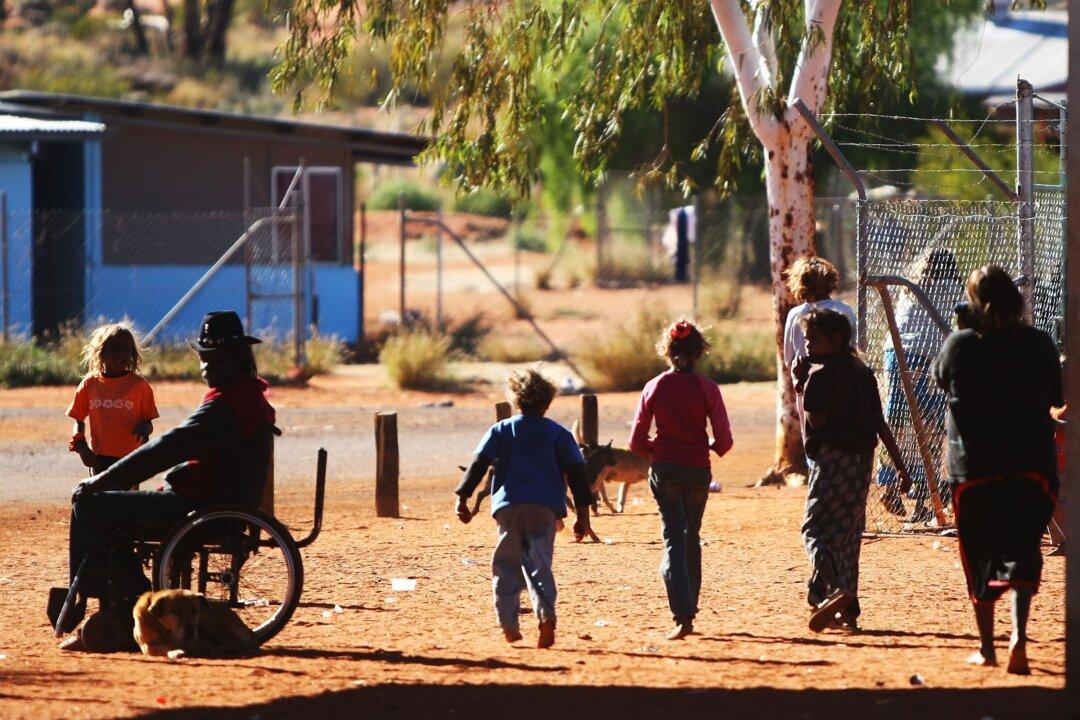Rates of domestic violence assaults in Alice Springs have fallen by over a third since alcohol bans were reintroduced by the Northern Territory government in January.
This followed calls from NT community groups over rising youth crime and anti-social behaviour after the expiration of long-term alcohol bans in July 2022.





